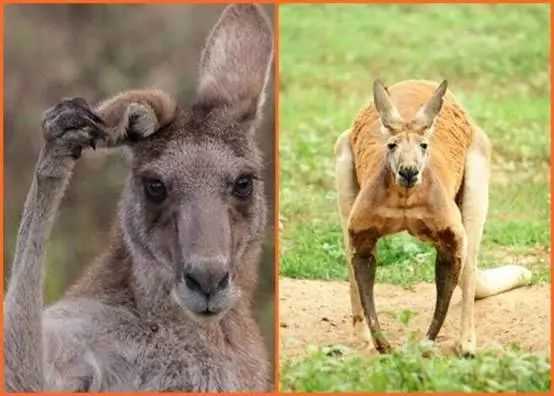
In Australia, an unusual dining practice has long been a part of the local scene - the consumption of kangaroo meat. Despite being the country's national symbol, kangaroos are hunted and turned into food here.
For centuries, Australian Aboriginals have included kangaroo meat in their diet. In recent decades, it has become legal for the general public across the nation. The meat can be found in most Australian supermarkets, alongside other "game meats" like emu, crocodile, and camel. Kangaroo meat is appealing due to its excellent nutritional value. Since Australian kangaroos are not farmed, the meat is free from antibiotics, growth hormones, and added chemicals.
However, not all Australians are on board with this trend. Many grew up seeing cute kangaroos as national treasures, like the famous movie kangaroo hero Skippy. For them, eating kangaroo meat feels unpatriotic. This unique situation in Australia - eating what is also a national symbol - continues to be a topic of both local and international interest, highlighting the complex relationship between culture, food, and national identity in the country.

